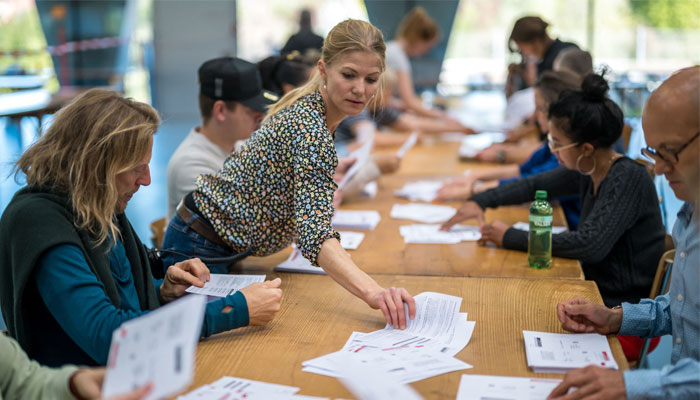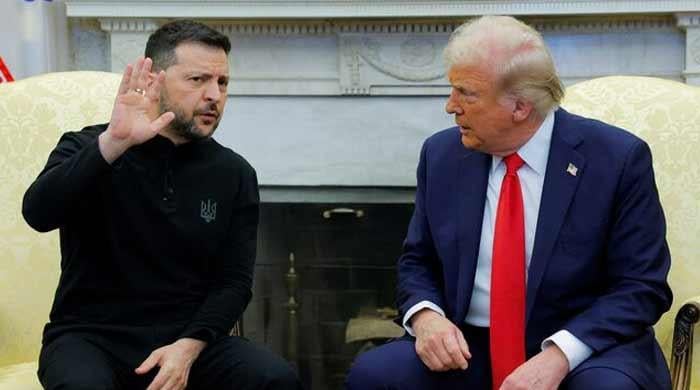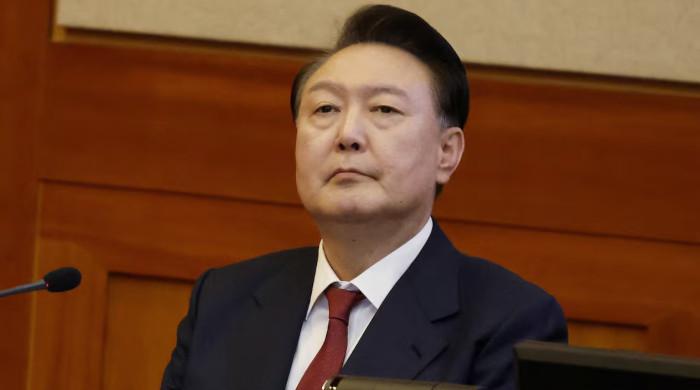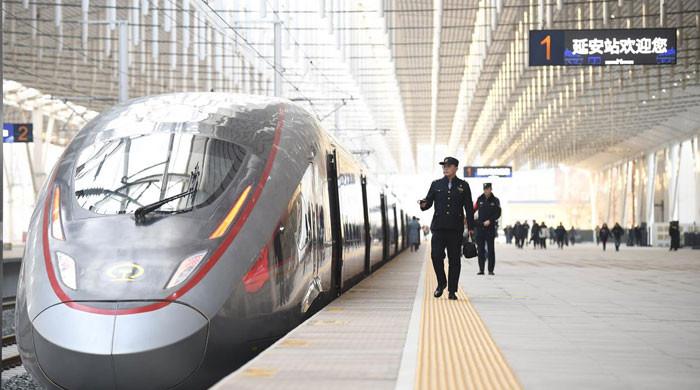Swiss elections 2023: Right-winger Swiss People's Party expected to sweep as poll time ends
Polls closed at noon with vast majority of Swiss voters having cast their ballots over four weeks
October 22, 2023

As the polling time for Switzerland's general election came to an end on Sunday, the right-wing populist forces appear poised for a sweeping victory, fuelled by anti-mass migration rhetoric and promises to combat what they term "woke madness."
The polls closed at noon (1000 GMT), with the vast majority of Swiss voters having cast their ballots over the preceding four weeks.
The affluent European nation, with a population of 8.8 million, voted for all 200 seats in the National Council's lower house and all 46 in the Council of States, the upper chamber. A preliminary results projection, offering only percentages, is expected around 4 pm (1400 GMT), with a seat projection following two hours later.
The Council of States, representing Switzerland's constituent cantons, is predominantly controlled by the centre-right party The Centre and the right-wing FDP. The Liberals, it is rare for elections to significantly alter the balance in the upper house.
In the National Council's lower house, which employs proportional representation, the right-wing populist Swiss People's Party (SVP) seems poised to cement its position as the leading political force. Meanwhile, the Greens are expected to concede ground to the Social Democrats, according to opinion polls.
The SVP's campaign centred on familiar themes, primarily the fight against "mass immigration" and concerns about the Swiss population surpassing 10 million. Their "New Normal?" social media advertisements highlighted criminal cases involving foreigners and delved into a portrayal of a world marred by violence, crime, and fear.
Additionally, the SVP launched an assault on "cancel culture" and what they termed "gender terror and woke madness". The party staunchly defends Switzerland's longstanding military neutrality and criticises Bern for matching EU sanctions on Russia regarding its actions in Ukraine, a move that the SVP sees as breaching the principle of neutrality.
The SVP, a strongly anti-EU party, has consistently topped every National Council election since 1999, although its level of support has fluctuated. The party is determined to regain the support it lost four years ago, aiming to approach 30 per cent, a threshold no Swiss party has ever reached under the proportional representation system.
On the opposite side of the National Council's political spectrum, the Greens and the Green Liberals are expected to lose some of their 2019 gains. Despite the significance of climate change in Switzerland, the environmentalist movement seems to have lost some momentum amid the COVID-19 pandemic.
Economic concerns such as the cost of living, inflation, and surging health insurance expenses have also taken precedence.
The Social Democrats hope to make headway on these issues and have proposed reforms, including indexing health insurance contributions to income. However, Swiss voter turnout for general elections typically hovers around 45 per cent.
The 246 newly-elected parliamentarians will select the seven members of the government on December 13, with few significant changes expected. The Federal Council government operates on a consensus-based decision-making process.
This election reflects a broader trend in Western politics, where right-wing populist parties have gained prominence by emphasising issues related to immigration, cultural identity, and traditional values.









